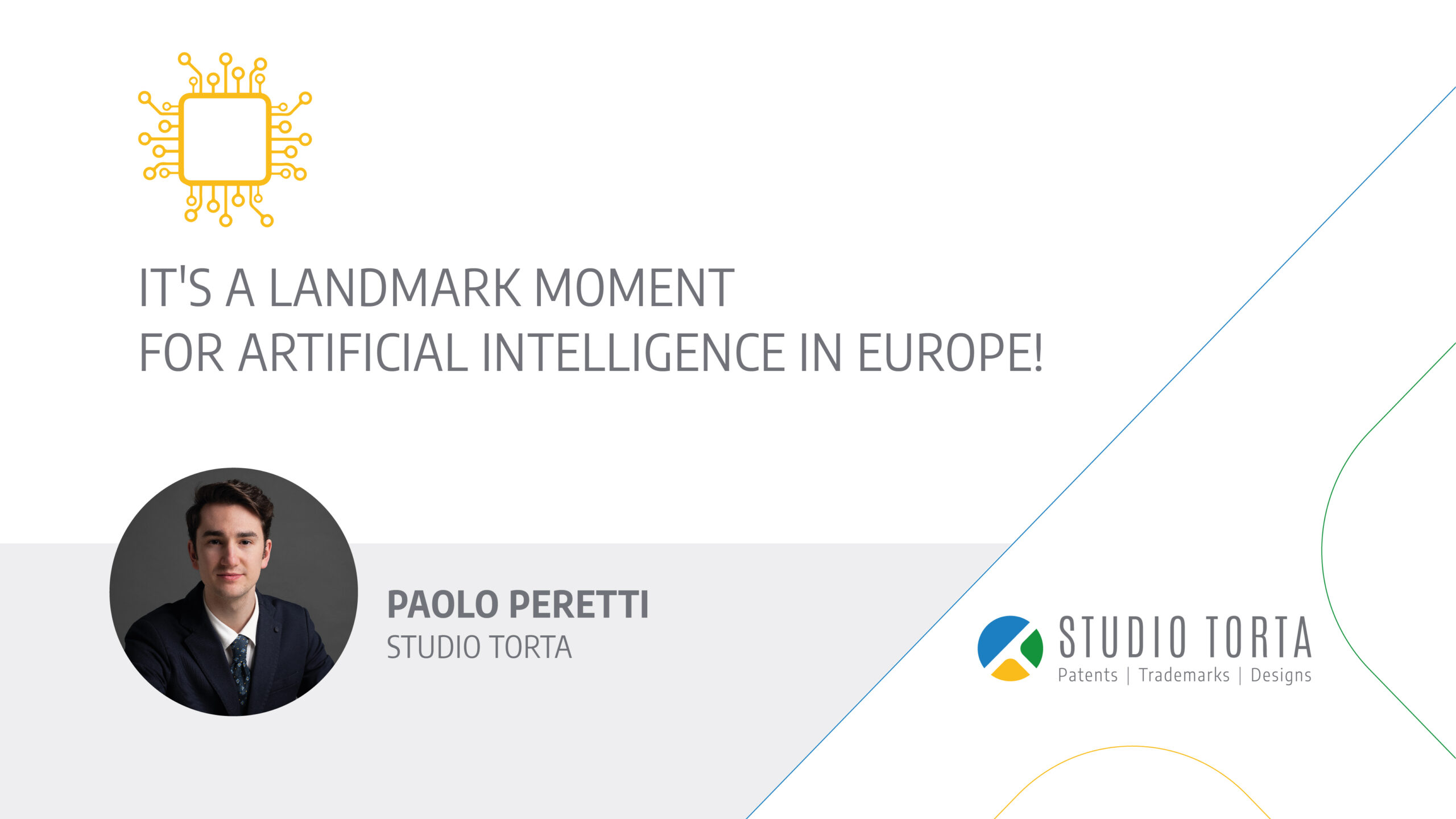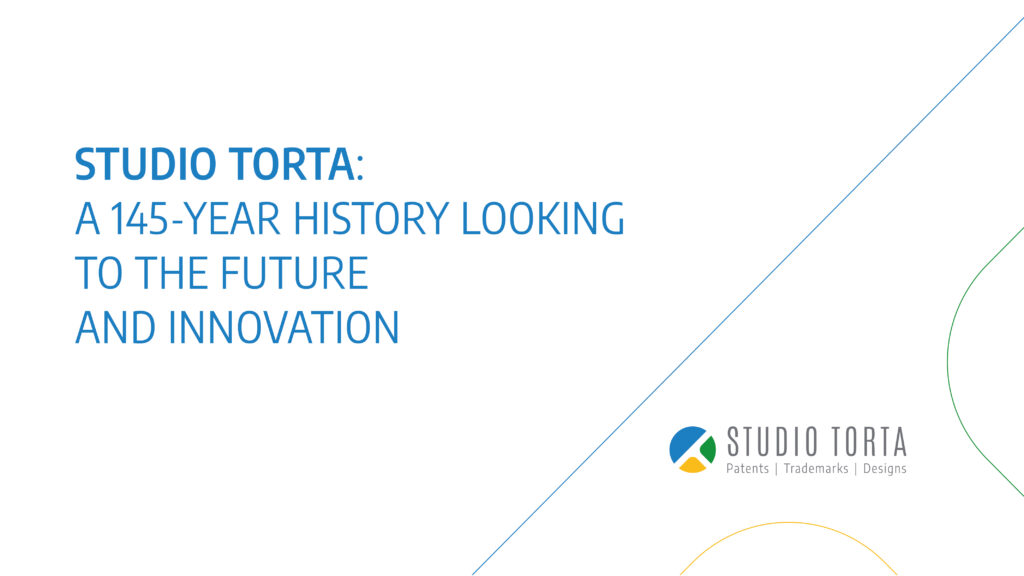It’s a landmark moment for Artificial Intelligence in Europe!
Following a resounding majority of 523 votes in the European Parliament, the exhaustive legislative process aimed at regulating AI applications for the first time has reached a historic milestone. Set to be enforced in two years, this law is poised to reshape the technological landscape and innovation ecosystem across Europe.
This new regulation places a strong emphasis on safety, transparency, and ethics in the realm of AI, providing a clear framework for the development, deployment, and utilization of these innovative technologies.
The regulation establishes limitations, constraining the utilization of biometric identification systems, while also introducing provisions to combat manipulation and exploitation of user vulnerabilities.
In particular, the AI Act prohibits biometric categorization systems accessing sensitive personal data, such as religious beliefs, political affiliation, or sexual orientation, and the extraction of facial images from the internet or closed-circuit camera systems for the creation of facial recognition databases. However, law enforcement will be permitted to utilize real-time remote biometric recognition for locating missing persons or preventing terrorist attacks.
Moreover, the regulation mandates clear labelling of the deepfakes and imposes specific obligations for AI use in democratic processes, such as systems used to influence elections.
In summary, the AI Act represents a landmark commitment to safeguarding citizens’ rights while fostering responsible innovation.




